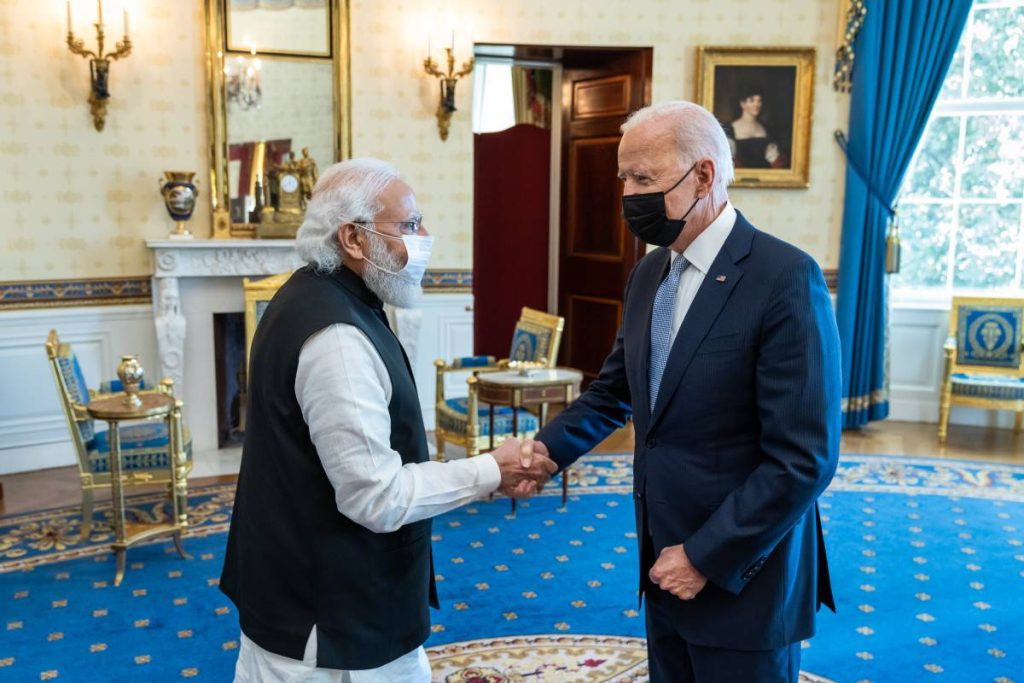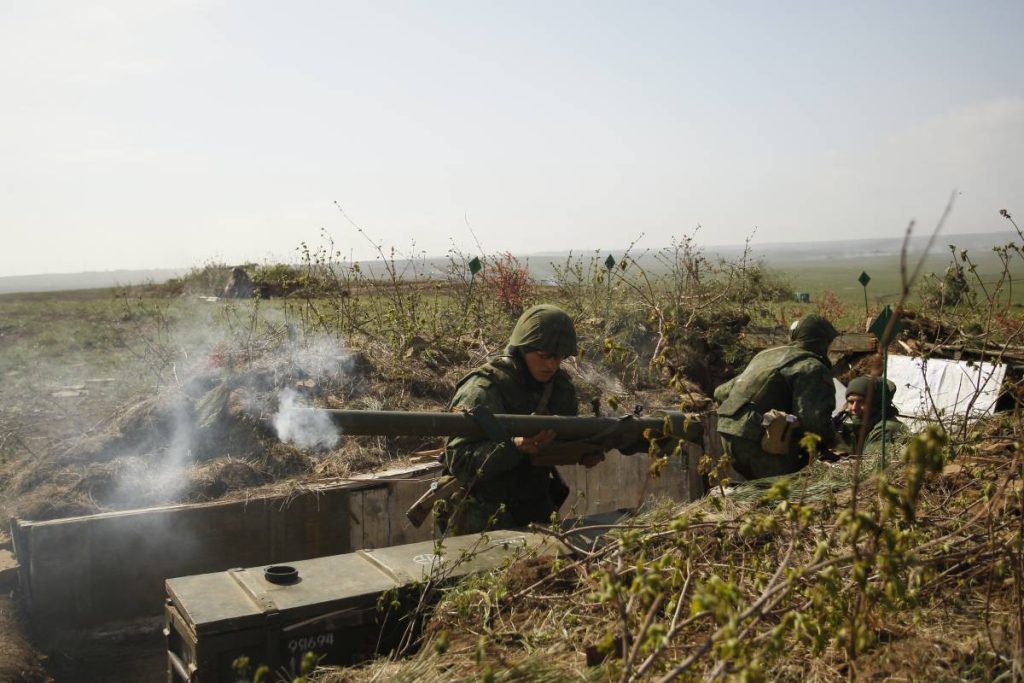“We share important interests with India, we share important values with India”, and added, “We know India has a relationship with Russia that is distinct from the relationship that we have with Russia. Of course, that is okay.” said US spokesperson…reports Asian Lite News
The US has said it is “okay” with India’s “distinct” relationship with Russia and suggested it use its “leverage” with Moscow to protect a rules-based international order.
Speaking to reporters in Washington before the Security Council met in New York on Friday, State Department Spokesperson Ned Price said that India and Russia shared a relationship and Washington has asked every country with leverage to use it to uphold international norms.
India abstained on a Security Council resolution proposed by the US and its allies condemning Russia’s invasion of Ukraine.
Asked if the aftermath of the Russian invasion has strained India-US relations, Price took a conciliatory approach in contrast to the rhetoric in the Security Council that came later in the day, saying that New Delhi’s distinct relationship with Moscow is “okay”.
He said, “We share important interests with India, we share important values with India”, and added, “We know India has a relationship with Russia that is distinct from the relationship that we have with Russia. Of course, that is okay.”

While “we have a broad strategic partnership with India”, he noted that the relationship India has with Russia is in “the defence and security sector”.
“What we have asked of every country around the world is that they use that leverage to good effect to uphold those norms, those rules that have been at the centre, again, of unprecedented levels over the past 70 years of security, stability, and prosperity”, he said.
The Security Council is scheduled to meet on Sunday to consider a resolution from the US and its allies calling for an emergency session of the General Assembly to take up the Ukraine crisis.
When a vote on that comes up, attention will be focused on India, which had abstained on a procedural vote involving the Ukraine issue last month and on Friday on the resolution condemning Russia.
Washington had placed a lot of importance on the Russia resolution and wanted to present a picture of global solidarity against Moscow.
While the three Asian countries on the Security Council — India, China and the United Arab Emirates — abstained, the resolution received 11 votes but was nullified by the veto of permanent member Russia.
US Permanent Representative Linda Thomas-Greenfield made the voting appear as a litmus of the countries’ standings.
“There is no middle ground,” said before the vote.

After the vote, she was critical of India, saying without naming it or the other two countries, “This vote showed which countries truly believe in supporting the core principles of the UN and which ones deployed them as convenient catchphrases. This vote showed which Security Council members support the UN Charter and which ones do not.”
Both Russia and the US had lobbied India to take their respective sides.
Russian President Vladimir Putin called Prime Minister Narendra Modi on Thursday and Secretary of State Antony Blinken spoke to External Affairs Minister S Jaishankar.
“India has a relationship with Russia that we certainly don’t have. India and Russia have a relationship, including in the defence and security sector, that we don’t have. And again, we have asked every country that has a relationship, and certainly those countries that have leverage, to use that leverage in a constructive way,” Price said.
While India has had historically close ties with Moscow and received the benefit of the Soviet veto during the Bangladesh War of Independence, India has moved closer to the US and the West in the post-Cold War era.
An important element of the ties with the US is India’s membership of the Quad, a group that includes the US, Japan and Australia which face a common challenge from China.
Jaishankar attended the meeting of the foreign ministers of the Quad in Melbourne earlier this month and also held bilateral talks with Blinken.
Price said that during the bilateral meeting, Blinken shared “our fervent belief that countries around the world, especially those countries that have a level of influence, of clout, of leverage with the Russian Federation needed to use that to good effect, needed to use that to protect the rules-based international order.”
The rules-based international order, the core elements of which are respecting the sovereignty of nations and not resorting to aggression “worked to the benefit of the United States, that have worked to the benefit of our European allies, that have worked to the benefit of India and, quite frankly, have worked to the benefit of the Russian Federation over the course of some 70 years,” Price said.
Asked if Pakistan Prime Minister Imran Khan’s visit to Moscow on the day Russia launched the invasion signalled a “realignment of forces,” Price said, “We communicated to Pakistan our position on what was then the threat of a Russian invasion and what is now the ongoing Russian invasion against Ukraine.”
“Just as India does, Pakistan knows precisely where we stand on this. These are, again, rules, norms, guidelines that benefit India, Pakistan, the United States, and Russia as well,” he added.

Leave a Reply